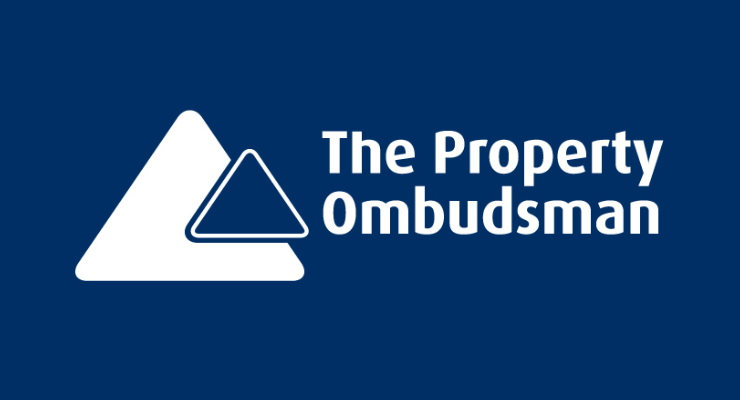Housing Ombudsman’s report demonstrates necessity of vibrant and growing private rental sector
Following a recent report from the Housing Ombudsman titled ‘Spotlight Report: Repairing Trust’, which revealed that 2024/25 witnessed a 474 per cent surge in complaints about poor living conditions compared to 2019/20, Propertymark has stated that this demonstrates the necessity for a vibrant and growing private rental sector.
Referencing the UK Government’s ambition to construct 1.5 million new homes by the end of this parliament, the report “shows a significant risk to the government’s vital housebuilding ambitions is the current unsustainable model for maintaining existing social homes” and warns “without change we effectively risk the managed decline of one of the largest provisions of social housing in Europe, especially in areas of lowest affordability. To replace these homes would take more than 60 years at recent building rates.”
To tackle this problem, the Housing Ombudsman recommends a National Funding Settlement for social landlords, which is an annual event that apportions funding to local authorities in England, and to create a national resident body to resolve the imbalance of power between tenant and landlord.
It also promoted a ‘universal vacant home’ standard before reletting a property, which refers to the idea of properties being empty, and that social landlords should strive towards a predictive repair model and enhance the way they handle complaints, and culture/attitude towards maintenance.
Finally, the report stressed that “landlords also need to be transparent about the scale of the challenge – the difference in the proportion of non-decent homes reported to the Regulator of Social Housing compared to the English Housing Survey is stark and landlords need to understand what the true picture is.”
A report from the English Housing Survey found that 76 per cent of private renters commented on being happy with the housing services given to them, in contrast to 64 per cent of social renters. Regarding complaints: “Social renters who made a complaint were most likely to report they were unhappy with the response. Nearly half (47%) of private renters and 66% of social renters said they were not happy with the response to their complaint.”
Propertymark agrees with the Housing Ombudsman that the social housing sector is missing a consumer-choice dynamic as opposed to the private rental sector.
Furthermore, consumers have an advantage in the private rental market in contrast to the allocation model of social housing as it is more difficult to relocate to a different social house if that tenant is unhappy with their social landlord.
Propertymark has consistently campaigned for a review of all taxes relating to private landlords to be conducted by the UK Government and the devolved administrations, and that they should scrap mortgage tax relief that would reinstate the ability of landlords to set the total amount of mortgage interest against rental income before tax is calculated, and to reduce additional taxes on buy to let properties.
Nathan Emerson, CEO of Propertymark, said:
“While it is positive that the UK Government has recently announced its National Housing Bank which aims to inject billions into private investment and build an additional 500,000 homes, it is clear that satisfaction rates in the private rental sector are higher than in the social rented sector. Therefore, all Governments across the country need to keep their fingers on the pulse of the issue of underinvestment and further encourage a vibrant and growing private rental sector by also reviewing the taxes that impact landlords throughout the UK.”









